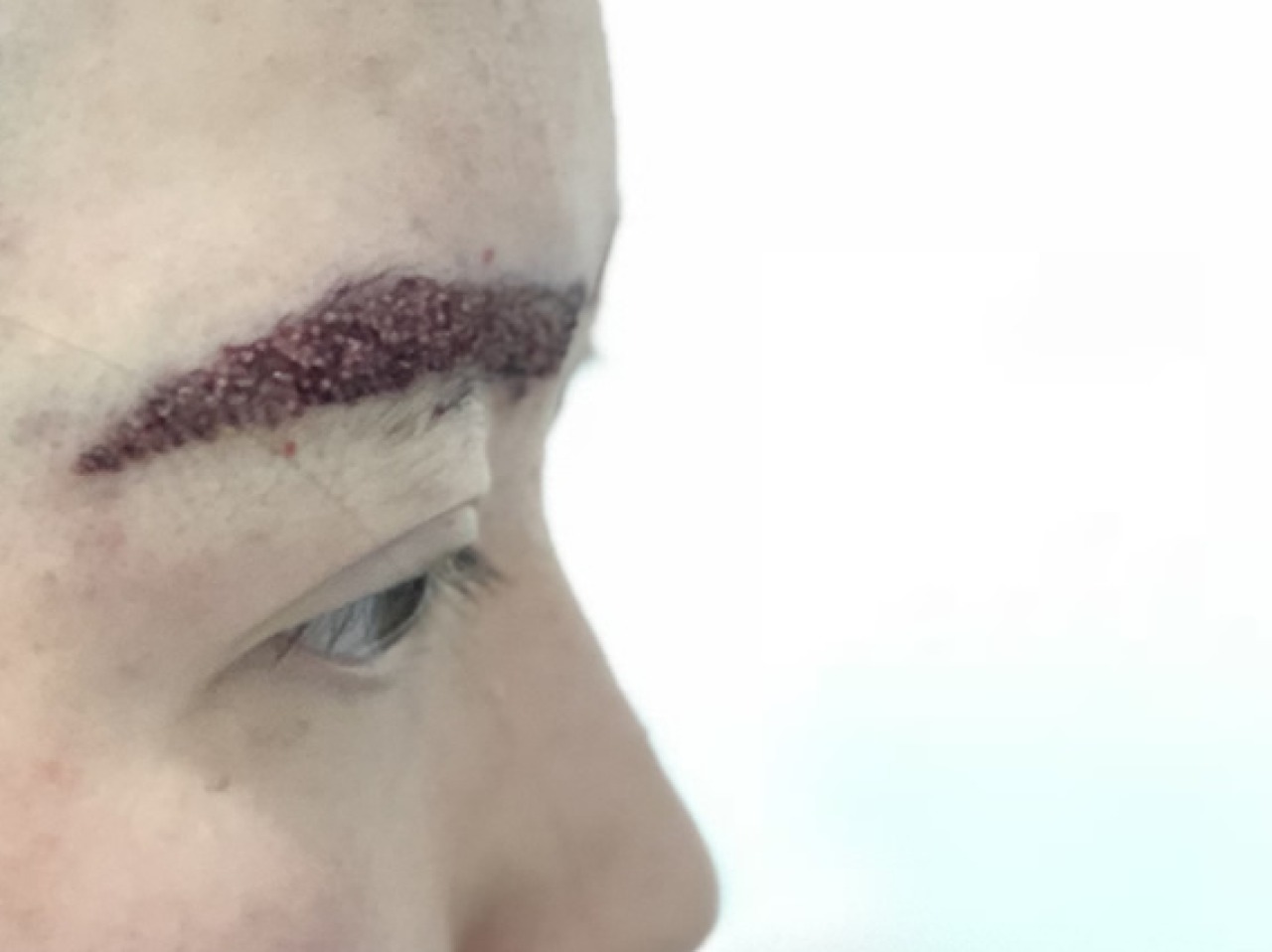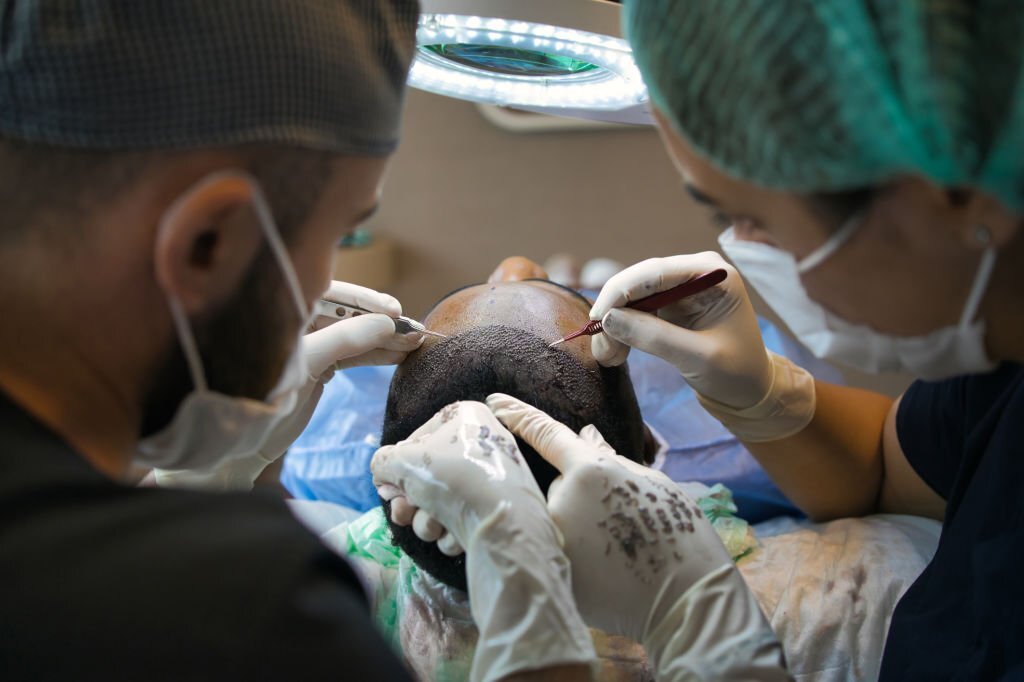There is no special season for hair transplantation. Our patients can easily have hair transplants whenever they want. However, in some months and seasonal transitions, hair loss can be experienced according to the person. Hair loss may increase or decrease. Each person should observe this process according to their own hair structure and tell their doctor. For example, while some people experience more hair loss in extremely hot seasons, for some people this includes the winter seasons. In general, the times when hair loss is intense are seasonal transitions. Therefore, it may not be the best time to have a hair transplant in the spring.
There are also some points to consider when deciding on the operation time. If a patient decides to have a hair transplant in the winter, it is recommended that these people be protected from the cold for at least 10 days. If it is desired to have an operation in the summer, swimming and sun exposure should be avoided for 10 days.
Is it appropriate to have a hair transplant in the winter season?
Having hair transplantation in the winter season provides patients with more successful results compared to other seasons. It is normal to have slight crusting and redness on the skin after hair transplantation. These crusting and redness should not be exposed to sunlight while they are in the healing process. In addition, the transplanted hair starts to grow within three months. Therefore, it is necessary to protect the grafts for three months and to pay attention no matter what season it is.
Does Cold Weather Affect Hair Transplantation?
Having a hair transplant in cold weather is one of the issues that many people hesitate. However, it is healthier to have this operation on cold winter days or weather conditions compared to hot seasons. It is recommended that people who have a hair transplant on cold days be protected as much as possible in this weather, but since there is no such thing as sweating, getting a hair transplant in a cold climate accelerates the healing process. The only point that patients should pay attention to when they are in cold weather conditions is to wear accessories that are comfortable and do not tighten the head area while using products such as hats or berets.
If all these are taken into consideration, cold weather does not have a negative effect on hair transplantation. It does not cause hair loss or damage to the grafts in any way. If all these are taken into consideration, cold weather does not have a negative effect on hair transplantation. It does not cause hair loss or damage to the graphics in any way. Many patients think that transplanting in the winter will not be beneficial, because there is a false belief that hair loss increases in cold months. Every person loses at least 100 strands of hair during the day, and this is normal.
Advantages of Hair Transplantation in Winter Season
It is very important to protect the hair transplant area during the first three months. After the procedure, the transplanted area should be kept dry. This area should not be damp and should not be exposed to sunlight. It is not recommended to do exercises that will cause sweating in the head area, especially in the early period after hair transplantation. Because sweating or water touching this area damages the transplanted hair follicles. For this reason, it is more advantageous to have hair transplantation in the winter season.
During the winter, it is much easier to keep your scalp clean. Because the lifestyle is generally spent in the home environment during the winter months. Since activities such as being outside, sunbathing or swimming in the sea will not be performed frequently during this period, the scalp is minimally affected.
Due to the fact that the weather is not hot, the healing process takes place faster in the winter months. Less impact on your daily life and more time to rest means you'll get through the healing process more successfully. Cotton products should be used and worn as much as possible in this season. Hats and caps to protect your head area should be comfortable. During the healing process, the head area should be protected from adverse weather conditions. For example, it is recommended not to go out on a rainy day and rest at home. But working individuals, unfortunately, cannot do this. In this case, it is recommended to use hats or berets that do not tighten the head as much as possible.
However, one of the points that people who have hair transplantation should pay particular attention to is the care of the scalp. During the healing process, the scalp must be kept moist. In this process, it is easier to keep the scalp moist in summer. Therefore, it is necessary to prefer hair care products in order to keep the scalp moist in winter. However, when choosing these products, it is essential to take the advice of a doctor. Because some cosmetic products contain active ingredients that can damage the scalp. For this reason, any cosmetic or hair care product recommended by the doctor should not be used. A doctor's advice must be sought; Because some cosmetic products contain active ingredients that can damage the scalp. For this reason, any cosmetic or hair care product recommended by the doctor should not be used.
What Can Be Done After Hair Transplantation in Winter?
Supportive treatment can be taken after hair transplantation in the winter season. Especially after the operation, we recommend medical support treatments such as PRP or hair mesotherapy to our patients. These treatments nourish the hair follicles. The nourished hair follicle ensures that your hair is stronger and grows both faster and healthier. You can use these supportive treatments not only during the winter months, but always after hair transplantation.
Receiving supportive treatments will also enable you to reach the result faster and more safely. Therefore, as a recommendation from your doctor after the operation, you can always use PRP, hair mesotherapy, laser hair treatment, and after hair transplantation. Receiving supportive treatments will also enable you to reach the result faster and more safely. Therefore, it will be beneficial for you to have procedures such as PRP, hair mesotherapy, laser hair treatment as a recommendation from your doctor after the procedure.
 Türkçe
Türkçe 













